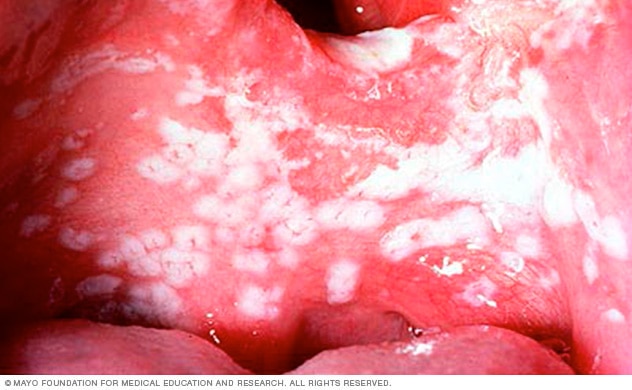
noun
- any of numerous, medium-sized songbirds of the family Turdinae, usually dull brown and often speckled below, and including many outstanding singers.
- any of various superficially similar birds, as the water thrushes.
- Slang. a female professional singer, especially of popular songs.
noun
- Pathology. a disease, especially in children, characterized by whitish spots and ulcers on the membranes of the mouth, fauces, etc., caused by a parasitic fungus, Candida albicans.
- Veterinary Pathology. (in horses) a diseased condition of the frog of the foot.
noun
- any songbird of the subfamily Turdinae, esp those having a brown plumage with a spotted breast, such as the mistle thrush and song thrush: family MuscicapidaeCompare water thrush Related adjective: turdine
noun
-
- a fungal disease of the mouth, esp of infants, and the genitals, characterized by the formation of whitish spots and caused by infection with the fungus Candida albicans
- another word for sprue 1
- a softening of the frog of a horse’s hoof characterized by degeneration and a thick foul discharge
n.1type of songbird, Old English þyrsce (related to throstle), from Proto-Germanic *thruskjon (cf. Old Norse þröstr, Norwegian trost, Old High German drosca), from PIE *trozdo- (cf. Latin turdus, Lithuainian strazdas “thrush,” Middle Irish truid, Welsh drudwy “starling,” Old Church Slavonic drozgu, Russian drozdu). n.2throat disease, 1660s, probably from a Scandinavian source (cf. Norwegian, Danish trøske, Swedish torsk), but its roots and original meaning are unclear. n.
- A contagious disease caused by a fungus, Candida albicans, that occurs most often in infants and children, characterized by small whitish eruptions on the mouth, throat, and tongue, and usually accompanied by fever, colic, and diarrhea.
- An infectious disease, caused by the fungus Candida albicans, characterized by small whitish eruptions on the mouth, throat, and tongue, and sometimes accompanied by fever, colic, and diarrhea. Thrush is most often seen in infants, children, and people with impaired immune systems.
- A degenerative condition of a horse’s foot, usually caused by unhygienic management.
 Liberal Dictionary English Dictionary
Liberal Dictionary English Dictionary